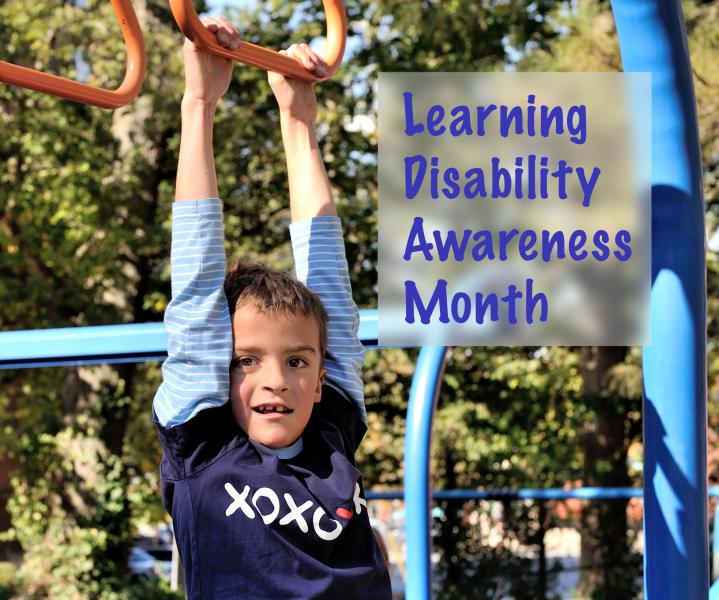
Learning Disabilities Awareness Month
October 28, 2015
Building Comprehension and Vocabulary When Reading Is a Challenge
November 11, 2015
Family meetings can be useful to deal with the small aggravations that can morph into major conflicts in a household. It is a time during which family members can talk about the past week’s events – the high points and the low points.
Was someone “hogging” the computer? Did daughter #1 see daughter #2 wearing her favorite shirt without permission? Was the car returned without gas? Did youngest brother not get any of the chocolate chip cookies? As with any meeting, structure and an agenda always help the process.
Timing When should the family have a meeting? The best time is when everyone is relaxed. If you have a routine such as pizza on Saturday night or a family meal on Sunday, arrange your family meeting to coincide with pleasant family time to create a more relaxed atmosphere.
Set some ground rules Everyone gets a turn to talk. No interrupting or name calling. If impulse control is not a strength for some family members, you may need an object that is passed from speaker to speaker. When the speaker has the object (maybe a pen), then they have the floor. Just like in Congress, there are family members who enjoy having the floor and may go on and on… There may need to be a time limit for how long each person can talk – use a timer!
The agenda Start with the positive. What one good thing happened this week? Get a response from each person. Is there a special event this week that needs to be on the schedule? Are there any transportation issues? Will someone be out in the evening? Is a babysitter coming? After the planning piece is finished, then address issues that have arisen this week. Problem solve with the whole family. What are suggestions for sharing computer time or making sure that everyone gets a piece of a treat? What should a consequence be for borrowing something without asking? Children and teenagers can be relied on to come up with solutions to problems. Depending on their age, you might assign them the job of monitoring the solution for this week and report on how it went at the next family meeting.

Family meetings help develop skills in negotiating and provide members with a sense that their opinion matters. That being said, families are not democracies. Mom and Dad remain the final authority on rules and consequences. But parents can listen respectfully and consider the proposed solutions. Over time, you may find that siblings start negotiating with each other without your help. That would be a wonderful surprise! We hope these negotiating skills will serve them as they have conflicts with peers or adults in other settings.
Blogger Mary Ann Mulcahey, PhD, shares her expertise in assessment and diagnosis of learning disabilities and ADHD, and the social/emotional adjustment to those issues. If you have questions, please contact Mary Ann at .



